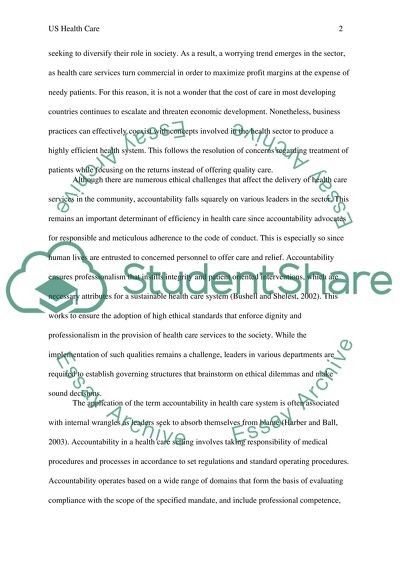Cite this document
(“US healthcare as a business Assignment Example | Topics and Well Written Essays - 1500 words”, n.d.)
US healthcare as a business Assignment Example | Topics and Well Written Essays - 1500 words. Retrieved from https://studentshare.org/health-sciences-medicine/1483007-us-healthcare-as-a-business
US healthcare as a business Assignment Example | Topics and Well Written Essays - 1500 words. Retrieved from https://studentshare.org/health-sciences-medicine/1483007-us-healthcare-as-a-business
(US Healthcare As a Business Assignment Example | Topics and Well Written Essays - 1500 Words)
US Healthcare As a Business Assignment Example | Topics and Well Written Essays - 1500 Words. https://studentshare.org/health-sciences-medicine/1483007-us-healthcare-as-a-business.
US Healthcare As a Business Assignment Example | Topics and Well Written Essays - 1500 Words. https://studentshare.org/health-sciences-medicine/1483007-us-healthcare-as-a-business.
“US Healthcare As a Business Assignment Example | Topics and Well Written Essays - 1500 Words”, n.d. https://studentshare.org/health-sciences-medicine/1483007-us-healthcare-as-a-business.


